Sitting up is a skill for little babies and yours will learn to do it in several stages. The first stage is to develop their muscles and control, so they are able to hold their head up by themselves. Once your baby has good head control, they’re all ready to learn how to sit.
Things to remember
It’s important to remember that all babies develop at different speeds and you shouldn’t be overly concerned if your wee one is going at their own pace. This is especially true if your baby is born premature.
Learning new physical skills isn’t easy for babies and can sometimes cause them to get upset and cry. This can be hard for you too, so remember to ask family and friends for support, or speak to your Health Visitor or Family Nurse for advice.
What to expect by 8 months
You’ll probably notice that your baby is getting better at controlling their muscles and can hold their head up and sit with less help. It’s now time to give them more practise, and some good reasons to put the effort in.
However, if your little one does not have good head control, and remains floppy, don’t attempt the following exercises. Instead you should go back a step and practise basic sit up exercises before moving onto the following advanced versions.
Tips to help your baby sit up
Tip #1: Advanced sit ups
Try moving your hold to their hands once you are both feeling more confident and your baby’s head control is good. Make sure you have a good grip and pull your baby into a sitting position. These sit ups will encourage eye contact, and your baby will enjoy seeing you face to face.
Tip #2: Learning to sit
Place your baby in a sitting position with their hands on the floor or on their legs for support. You can then help them keep balance in this position – for a short time only to start with. It’s also best if no toys are nearby as your baby might reach for them and topple over.
This video from NHSGGC shows you how you can support your baby as they start to sit up.
Tip #3: Sit and reach
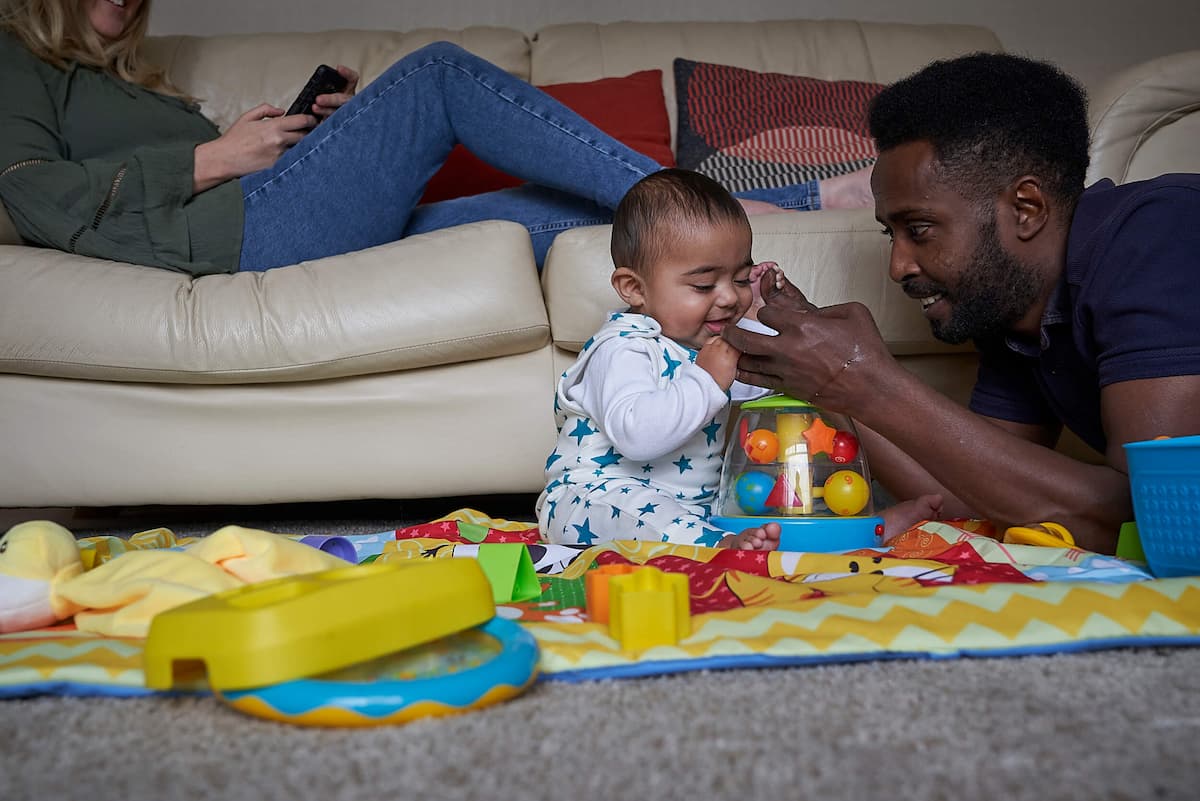
Once your baby can balance on their own in a sitting position (with close supervision), placing some toys in front or to the sides will encourage them to reach out and grasp them. Be aware that your baby might fall learning this new skill, so always be ready to catch them and have cushions around for safety.
What to expect from 10 to 12 months onwards
Once your baby can sit unsupported, you can try these little games to help develop their skills further.
Tip #4: Sit and twist
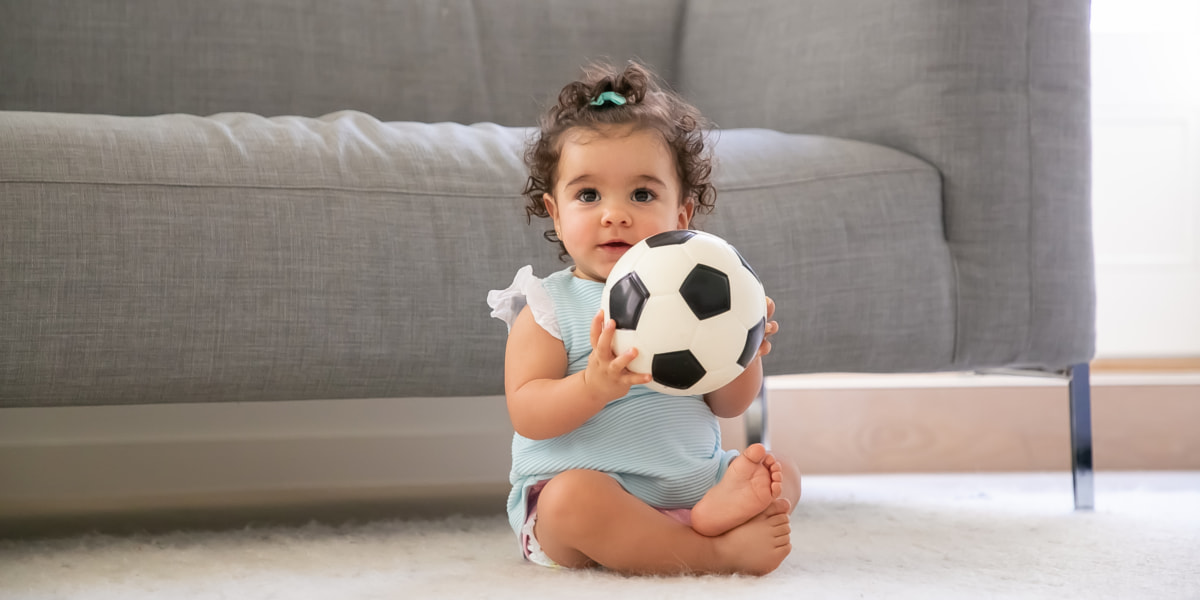
Encourage your baby to twist around and reach for a toy without losing their balance. Just show them a toy before placing it behind their back and see if they can stay up. Try it from both sides to let them use different hands.
Tip #5: Lie down sit up
Lie your baby down on the floor and encourage them to sit up on their own. Your wee one might do this by rolling over onto their side and pushing up, or rolling into a crawl position and then sitting back. Whatever works for them is fine.
This video from NHSGGC shows you how you can encourage your baby to sit up from different positions.
Staying safe
Little bumps and accidents are all part of the learning process for your baby when it comes to sitting. So, you should always practise on the floor to reduce the risk.
But remember to never leave your baby unsupervised in a sitting position, as they could fall over and seriously hurt themselves.
Should I be worried?
If your baby is not showing any signs of sitting by 8 months, please contact your Health Visitor or Family Nurse. Or if you have any other concerns at any stage of your baby’s development, you can also discuss this with your Health Visitor or Family Nurse. If your baby is premature and receiving follow up care, you can also get advice from your developmental team.
If you have twins, triplets or more they may take a bit longer to reach milestones, especially if they were born prematurely. It’s best to talk to your health visitor if you have any concerns. You can find out more about milestones for multiples on the Twins Trust website.
Learning new physical skills can be hard for babies and it’s normal for them to cry. If they get really frustrated, they can cry in an angry way and their faces can turn quite red. You might find this worrying, but as long as your baby is not having breathing difficulties, there is nothing to be alarmed about. Just try to comfort and settle your baby as normal.
 Activities & Play
Activities & Play Behaviour
Behaviour Childcare
Childcare Development & Growing Up
Development & Growing Up Family, Friends & Relationships
Family, Friends & Relationships Feeding Your Baby
Feeding Your Baby Food & Eating
Food & Eating Health & Safety
Health & Safety Mental Health & Wellbeing
Mental Health & Wellbeing Money & Work
Money & Work Online Behaviour & Safety
Online Behaviour & Safety Pregnancy & First Days
Pregnancy & First Days School & Education
School & Education Sleep
Sleep


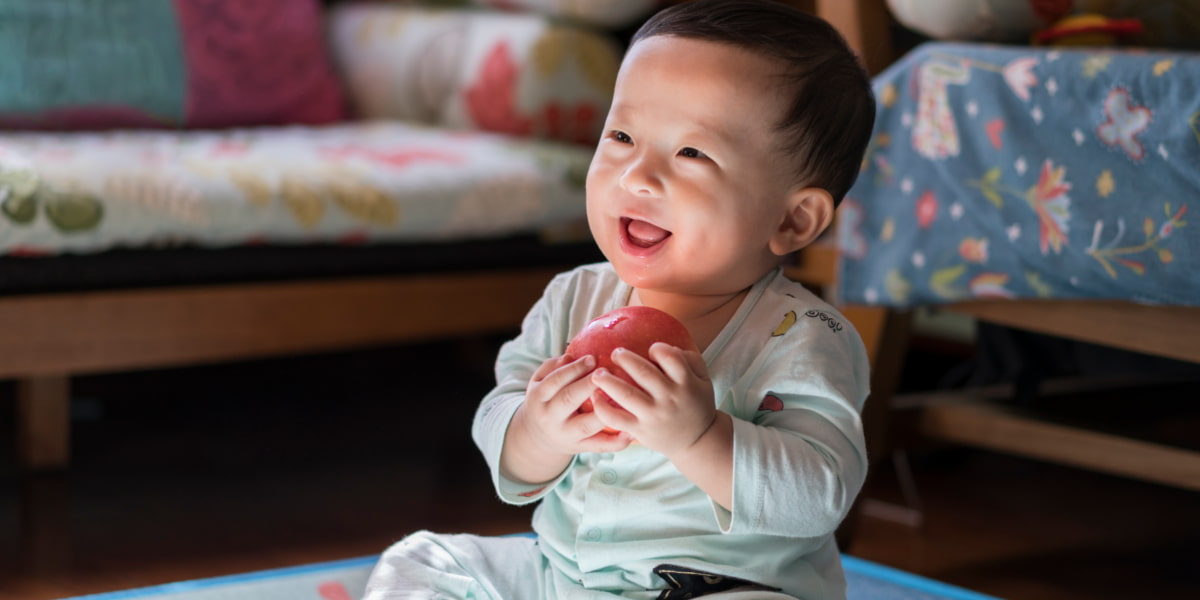
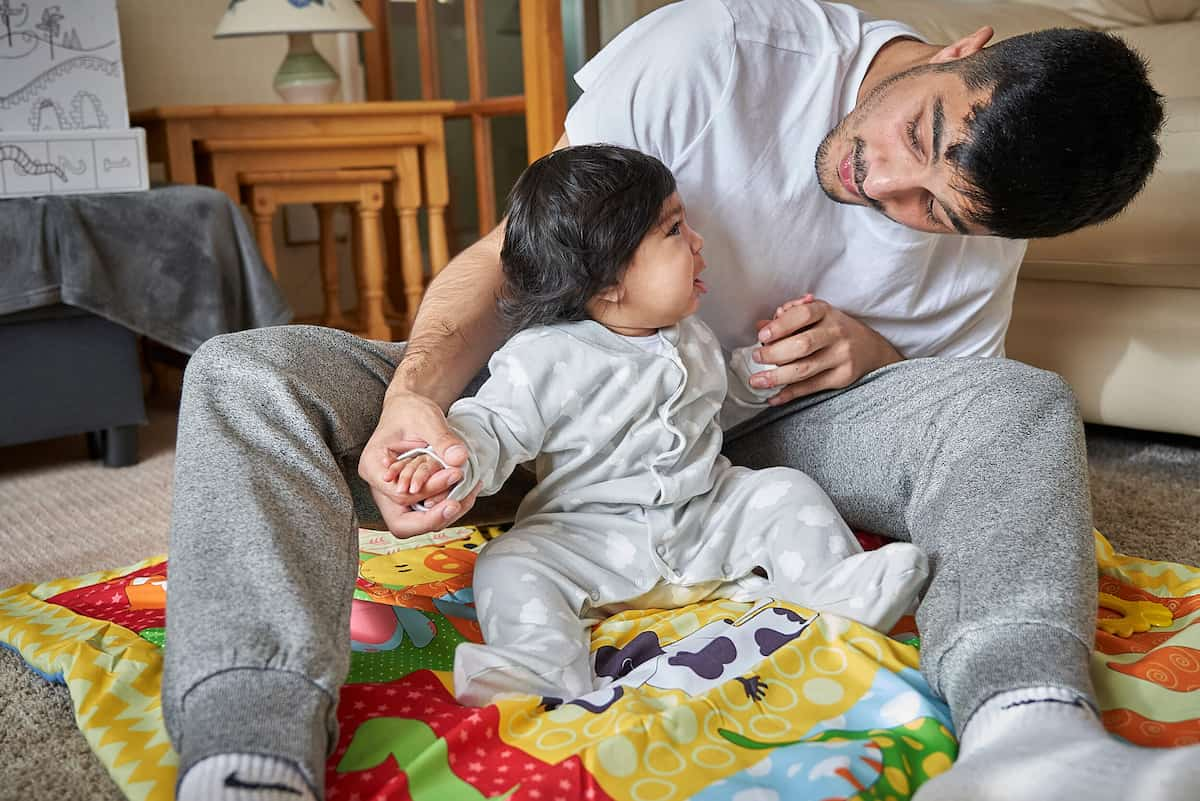
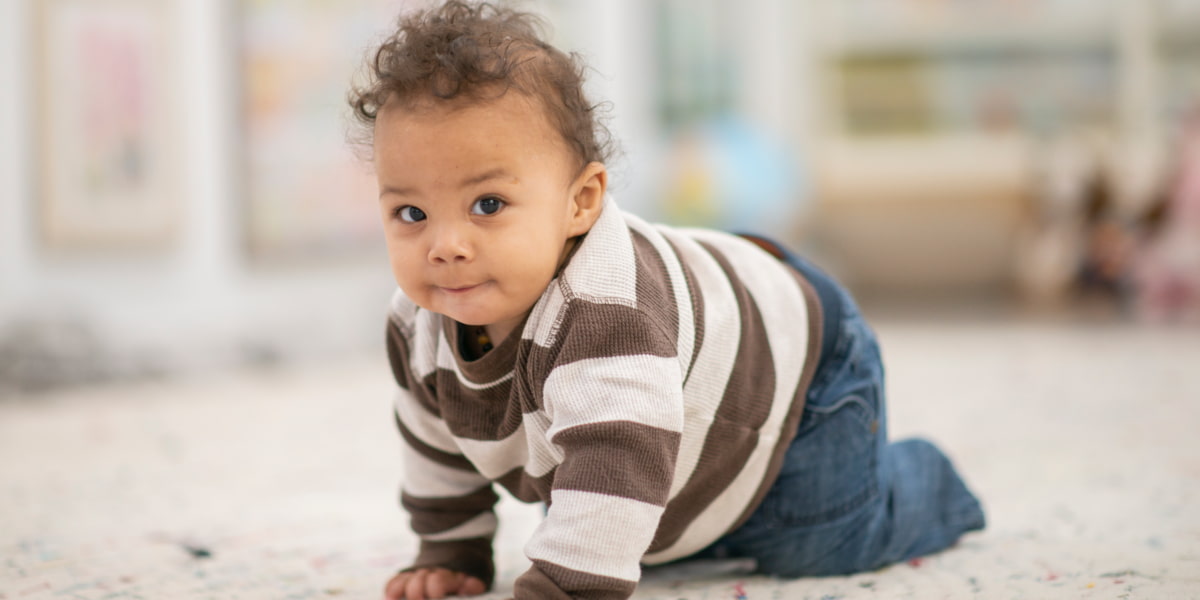
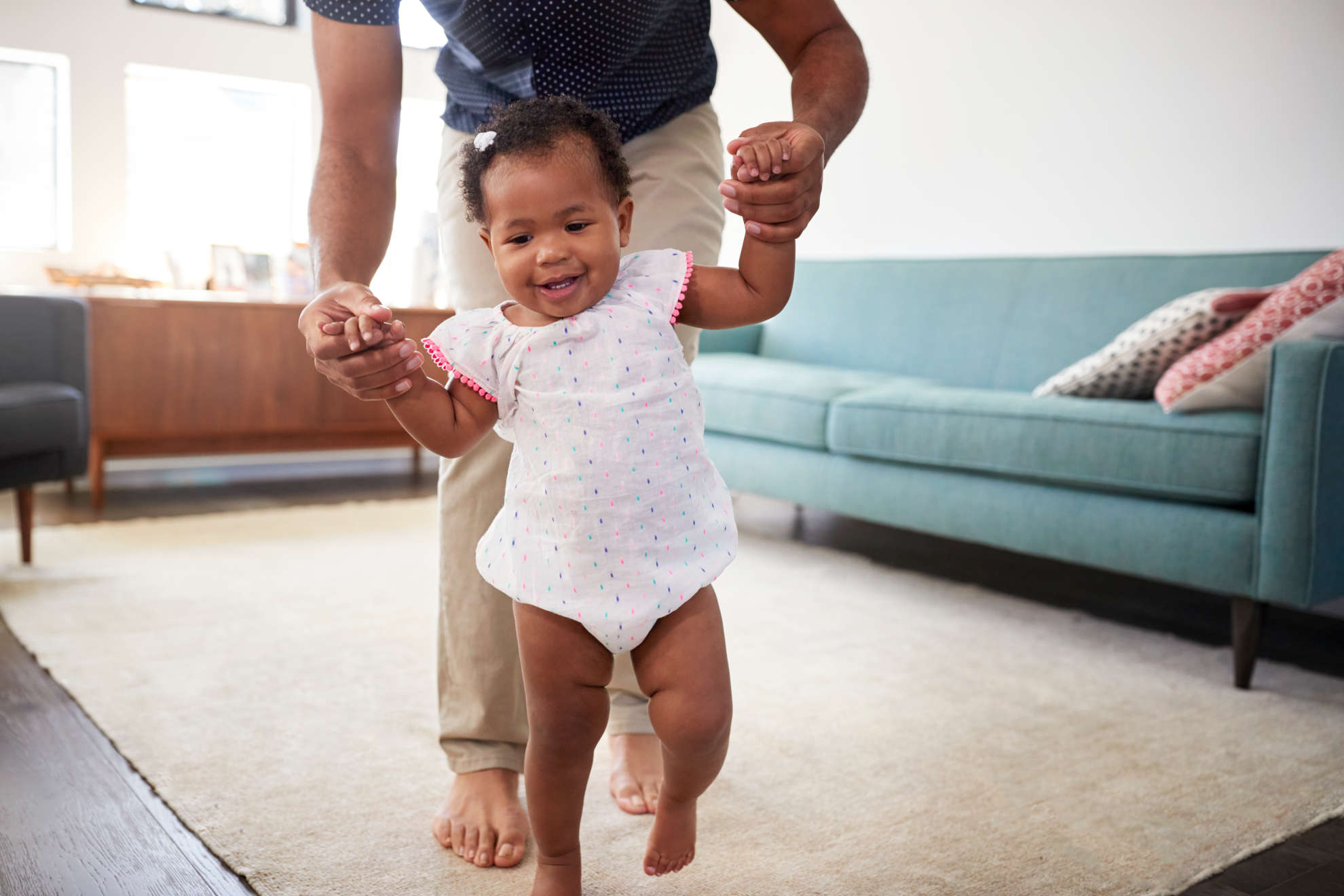

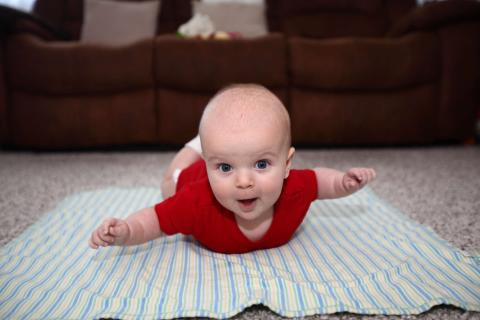
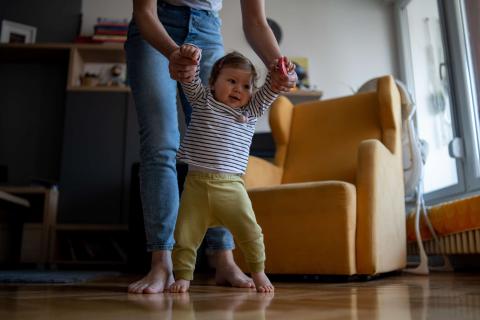
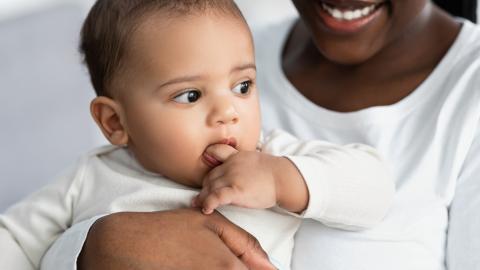
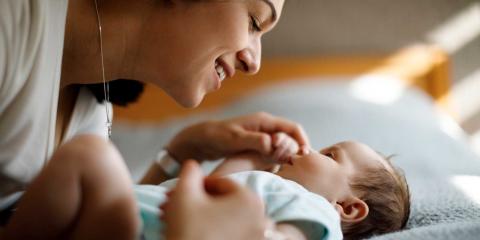
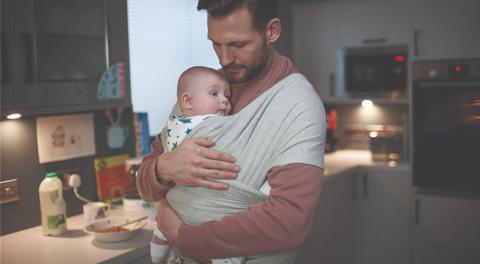
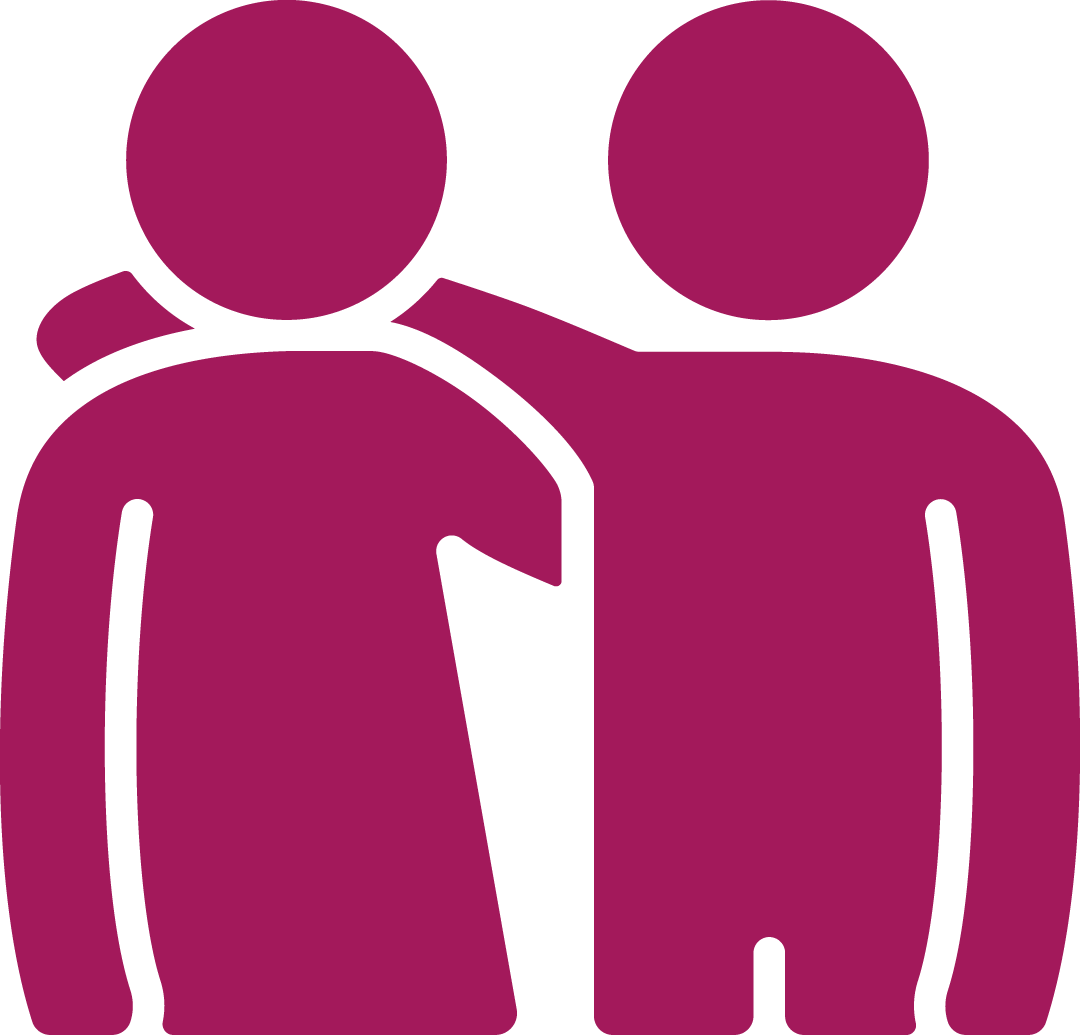 Family, Friends & Relationships
Family, Friends & Relationships
 Mental Health & Wellbeing
Mental Health & Wellbeing